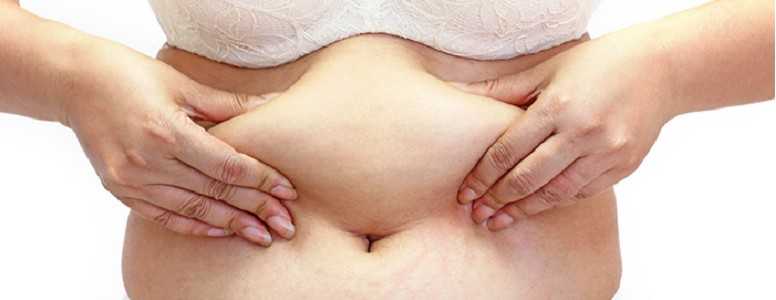Living in a deprived neighbourhood could lead to an increased risk of type 2 diabetes, according to new research.
A Swedish study which looked at 60,000 refugee immigrants has suggested that stress, limited incomes and few employment opportunities could all be contributing factors.
Lead author Dr Justin White from the University of California said: “Although the increased risk was small, we found that the effect accumulated over time.
“The increased risk didn’t develop immediately, which is consistent with the way neighbourhoods are thought to affect health, and chronic diseases in particular.”
Researchers analysed data from refugee immigrants aged 25 to 50 who arrived in Sweden between 1987 and 1991.
They looked at the percentage of people who had developed type 2 diabetes between January 2002 and December 2010. People with type 1 diabetes and those who were diagnosed with type 2 within five years of arriving in the country were not included in the overall findings.
Of the 28,785 refugees assigned to neighbourhoods with high-deprivation, 7.9 per cent developed type 2 diabetes, followed by 7.2 per cent living in moderately deprived areas. A total of 5.8 per cent of people in low-deprivation neighbourhoods developed type 2 diabetes.
Dr White said: “Our study has direct relevance to the ongoing period of immigration to Europe. Because of the historically high numbers of incoming refugees, combined with already high unemployment rates, the new entrants are encountering less hospitable political and social environments.
“There are likely to be a number of factors explaining the link, such as increased exposure to chronic stress from living in a high-crime or segregated area, the limited income and employment opportunities that affect a person’s ability to afford healthy food, the lack of availability of healthy food in the neighbourhood or its low levels of walkability.”
The findings were published in The Lancet Diabetes and Endocrinology journal.









